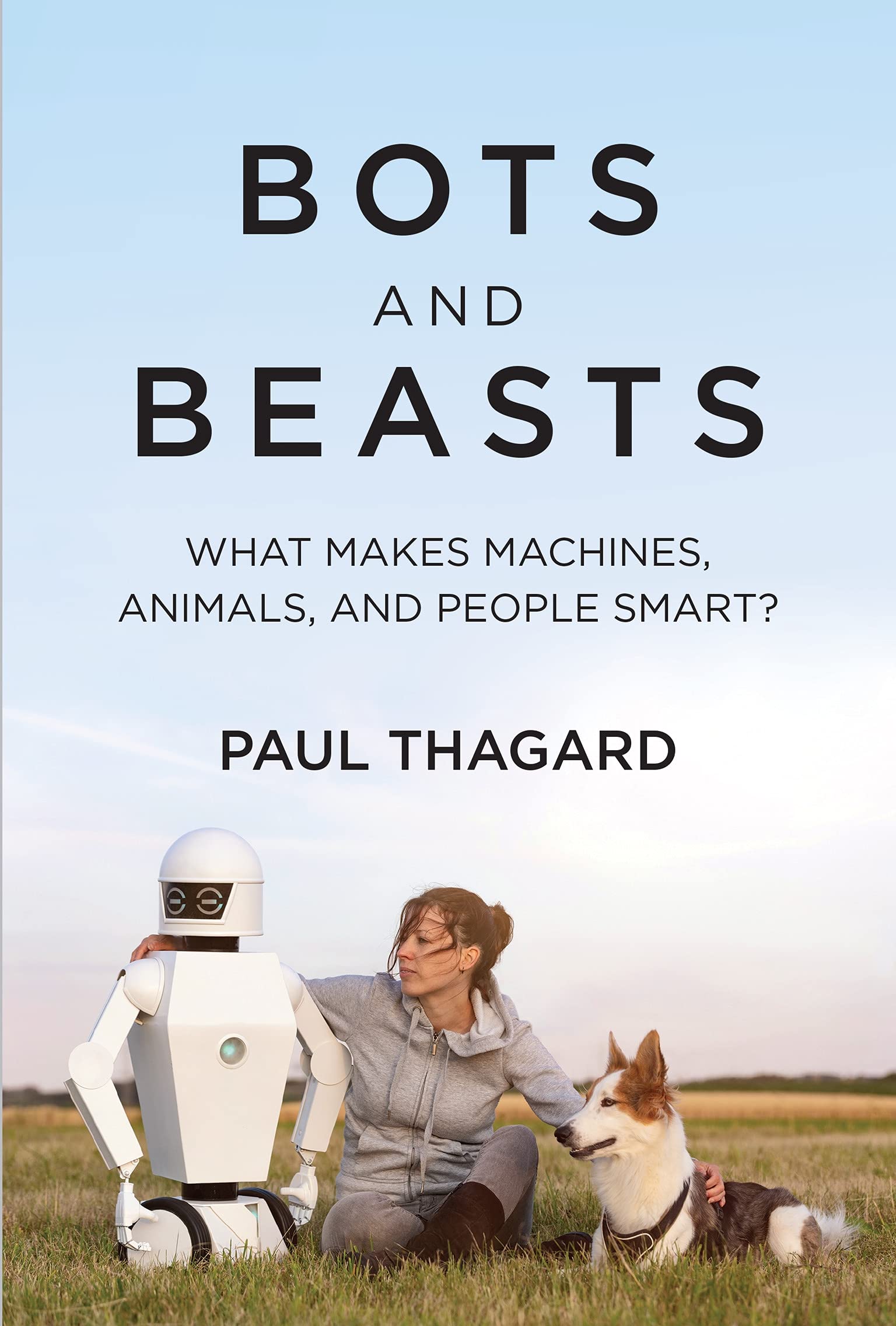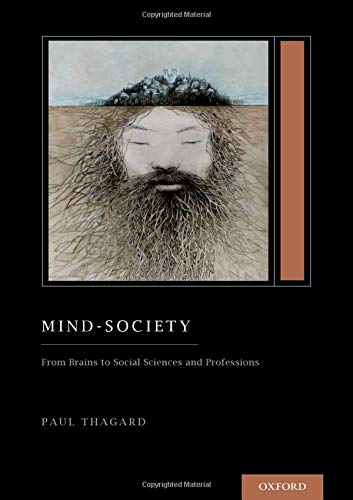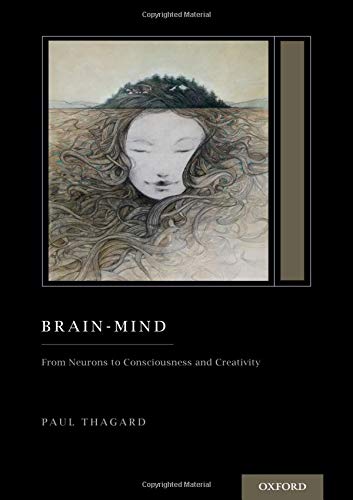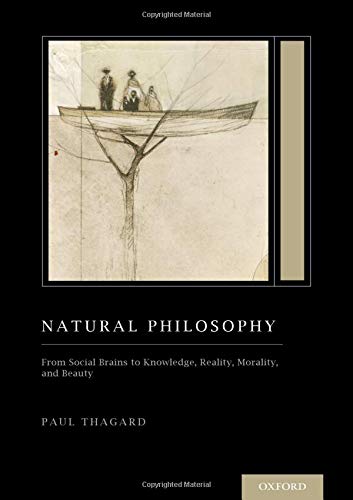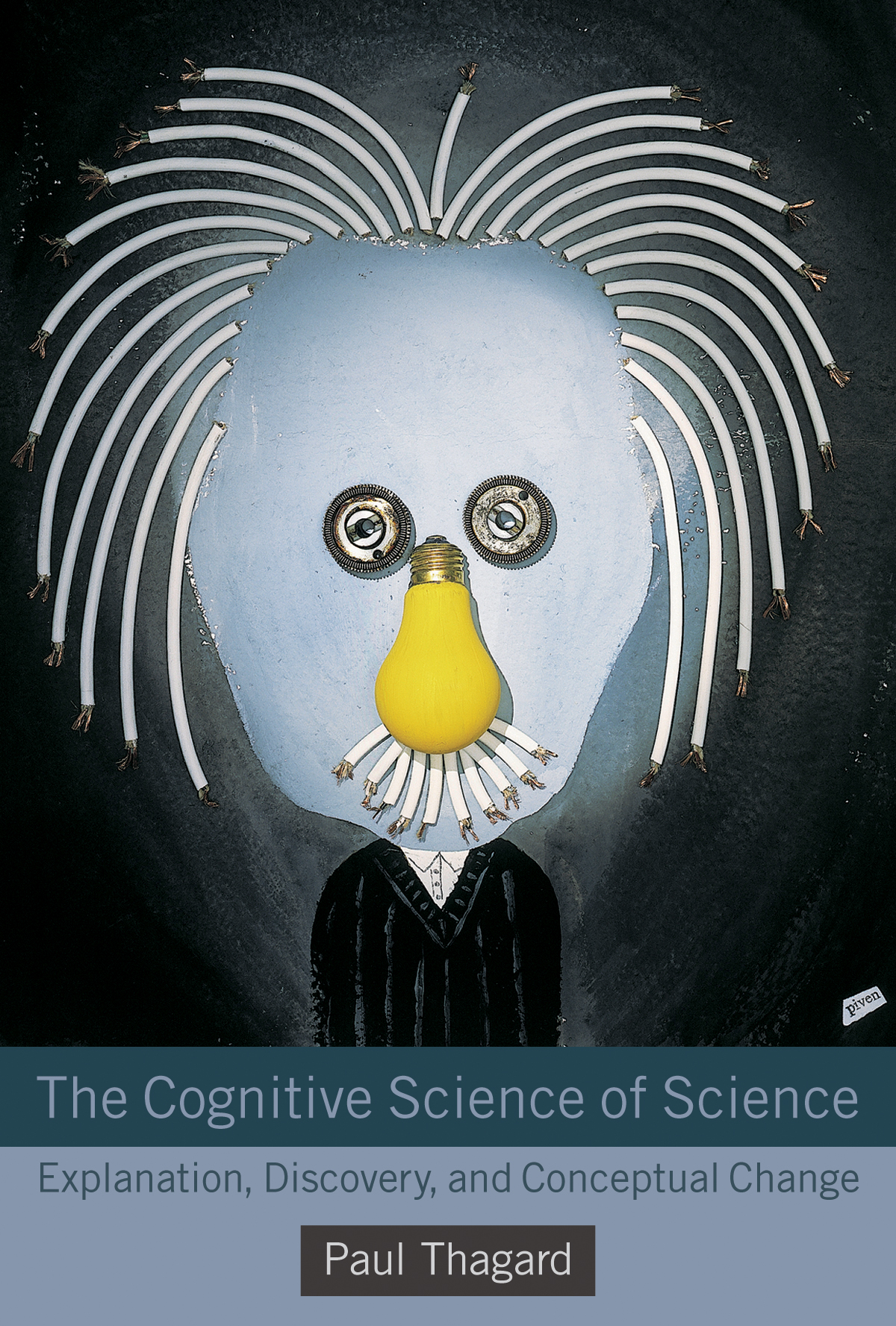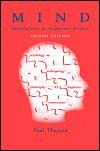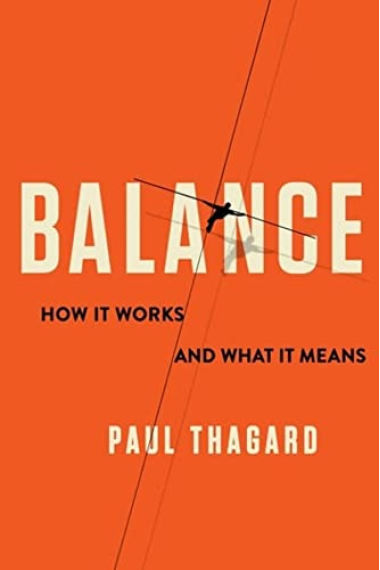
Buch Details
Living is a balancing act. Ordinary activities like walking, running, or riding a bike require the brain to keep the body in balance. A dancer’s poised elegance and a tightrope walker’s breathtaking performance are feats of balance. Language abounds with expressions and figures of speech that invoke balance. People fret over work-life balance or try to eat a balanced diet. The concept crops up from politics—checks and balances, the balance of power, balanced budgets—to science, in which ideas of equilibrium are crucial. Why is balance so fundamental, and how do physical and metaphorical balance shed light on each other?Paul Thagard explores the physiological workings and metaphorical resonance of balance in the brain, the body, and society. He describes the neural mechanisms that keep bodies balanced and explains why their failures can result in nausea, falls, or vertigo. Thagard connects bodily balance with leading ideas in neuroscience, including the nature of consciousness. He analyzes balance metaphors across science, medicine, economics, the arts, and philosophy, showing why some aid understanding but others are misleading or harmful. Thagard contends that balance is ultimately a matter of making sense of the world. In both literal and metaphorical senses, balance is what enables people to solve the puzzles of life by turning sensory signals or an incongruous comparison into a coherent whole.Bridging philosophy, psychology, and neuroscience, "Balance" shows how an unheralded concept’s many meanings illuminate the human condition.
Paul Thagard is distinguished professor emeritus of philosophy at the University of Waterloo and a fellow of the Royal Society of Canada, the Cognitive Science Society, and the Association for Psychological Science. His books include The Brain and the Meaning of Life (2010); Natural Philosophy: From Social Brains to Knowledge, Reality, Morality, and Beauty (2019); and Bots and Beasts: What Makes Machines, Animals, and People Smart? (2021).
- Einband Hardcover
- Schriftsteller Thagard, Paul
- ISBN13 9780231205580
- ISBN10 0231205589
- Buchseiten 335
- Jahr der Ausgabe 2022
- Sprache Englisch
Balance: How It Works and What It Means
- Autor/in Paul Thagard
- Verlag COLUMBIA
- ISBN 9780231205580

Unsere Buchhändlerinnen können die Verfügbarkeit überprüfen und dir eine Schätzung geben, wann es fertig sein wird.
 Vielen Dank für Ihren Einkauf in echten Buchhandlungen!
Vielen Dank für Ihren Einkauf in echten Buchhandlungen!

 Alibri Llibrería, Barcelona
Alibri Llibrería, Barcelona
 Librería Lé, Madrid
Librería Lé, Madrid
 Caselles Llibrería, Lleida
Caselles Llibrería, Lleida








